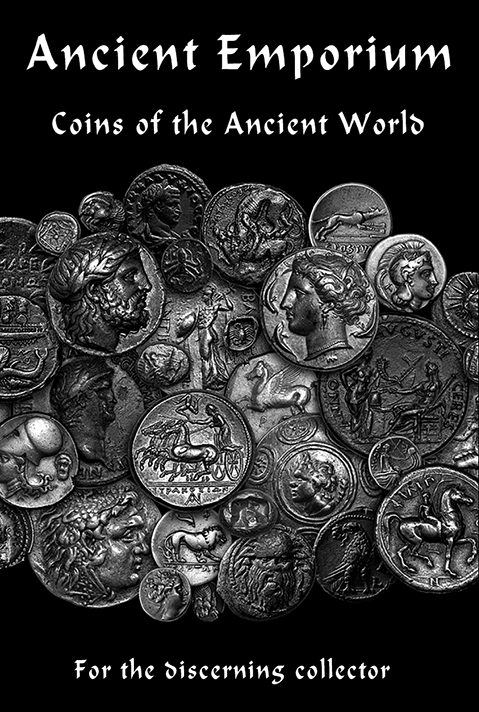A remarkable 2nd- or 3rd-century CE altar with a Greek inscription was uncovered in secondary use during excavations of an early Christian church in northern Israel’s Banias Nature Reserve. According to the inscription, the altar was dedicated by a far-travelling pilgrim from Antioch to the Greek god Pan.
 |
| The altar dedicated to the Greek god Pan found in the Byzantine church in Banias, Israel [Credit:Jonathan Orlin/Israel Nature and Parks Authority] |
The altar was found in the walls of one of the earliest churches in Israel that was unearthed at the foot of the park’s breathtaking waterfalls. The rare circa 400 CE Byzantine church was build on top of a Roman-era temple to Pan, where the newly discovered altar was dedicated.
The location of the Banias excavation is topographically unique in that it combines a cliff, a cave, springs and a terrace created in ancient times from the collapse of part of the cliff on which the temple was built. Worship of the god Pan began in circa 3rd century BCE near the cave and the spring. The temple was built in circa 20 BCE. The region became an important Christian center with its own bishop from 320 CE.
 |
| Greek inscription on a Roman-era altar to Pan discovered during recent excavations at the Banias Nature Reserve [Credit: Ofer Shinar/ Israel Nature and Parks Authority] |
According to the altar’s inscription, Athenaeus son of Susipater fulfilled a vow in funding and consecrated an altar to “Heliopolitanus Pan,” which is a combination of two deities, Pan, the god of the shepherds, and Heliopolitanus (also known as Jupiter or Zeus), who was known in the donor’s home region on the Syrian-Turkish border. The inscription was read by Bar-Ilan University’s Prof. Avner Acker.
While it is practical to reuse ready-made building materials, the altar’s position in the church could have been as a way to intentionally debase and humiliate the pagans who still held the “old” beliefs as the church movement was quickly taking root, said excavation director University of Haifa Prof. Adi Erlich in a press release.
 |
| Circa 400 CE Byzantine church excavated at Banias Nature Reserve [Credit: Yaniv Cohen/Israel Nature and Parks Authority] |
Erlich also noted that the donor, Athenaeus son of Susipater, would have had to travel hundreds of kilometers to reach the Banias waterfalls, an area long associated with the god Pan, who is preserved in the Arabic pronunciation of the Greek place name.
Source: Times of Israel [November 21, 2020]



